For some, the dream of playing in their favorite band, while practicing guitar in their bedroom, results in nothing more than a fantasy. That was never the case for Rome Ramirez, who, after connecting with Sublime‘s Bud Gaugh and Eric Wilson in 2009, 13 years after the death of founding singer-songwriter Bradley Nowell, started playing with the band.
Reformed as Sublime with Rome (SWR) in 2010, Gaugh left the band and was replaced by drummer Josh Freese, and Ramirez remained their frontman for nearly 15 years, from their debut as SWR, Yours Truly, in 2011, through their fourth and final release, Sublime with Rome, in 2024. By 2023, Ramirez had already parted ways with the band and relocated to Nashville to start working on his debut EP, GEMINI.
Co-produced with Dann Huff, GEMINI marks a new beginning for Ramirez and a cleaner slate linked to his musical roots, from the lo-fi soul of opening “Why Me?” and reggae-dipped “Slow & Easy,” which has drawn more than three million streams since its release in June 2025, and features longtime collaborators Dirty Heads. The proclamative “New Me” reveals the artist he is now—Took a little bit of time to get back to myself … Got a hundred reasons why / Life is doing better now / Sun is finally coming out / I guess I finally figured out.
Co-written by Ramirez, along with Alex Maxwell, Caleb Conrady, Chris Gelbuda, Dustin Bushnell, Jared Watson, and Nick Bailey, GEMINI is a continuation of what he started more than a decade earlier, with his earlier collaborations with Dirty Heads and Blues Traveler, along with co-writing songs for Cody Simpson (“Got Me Good”), Enrique Iglesias (Sex and Love), and Selena Gomez (“Undercover”).
“I found myself in the room with artists like Rihanna and Selena Gomez, and Jason Derulo,” says Ramirez. “That, to me, was one of the greatest gifts in my life, the opportunity for other artists to invite me in to write music for them.”
Ramirez spoke to American Songwriter about life and music after Sublime With Rome, making GEMINI, and where his sound has landed now.
Videos by American Songwriter
American Songwriter: Was there one song that opened the floodgates a bit for the EP?
Rome Ramirez: The song on the EP that really kind of opened the floodgates for me was “New Me,” which was one of the very first songs that I put together for the project, and “Black and Blue” as well. Both existed in the same sort of timeframe, which was the start of the pandemic. They’re the closest representative of the sound that I have in my head. I kind of just went down this rabbit hole. It does feel really awesome to fast-forward in time, and now these songs are finally getting heard.
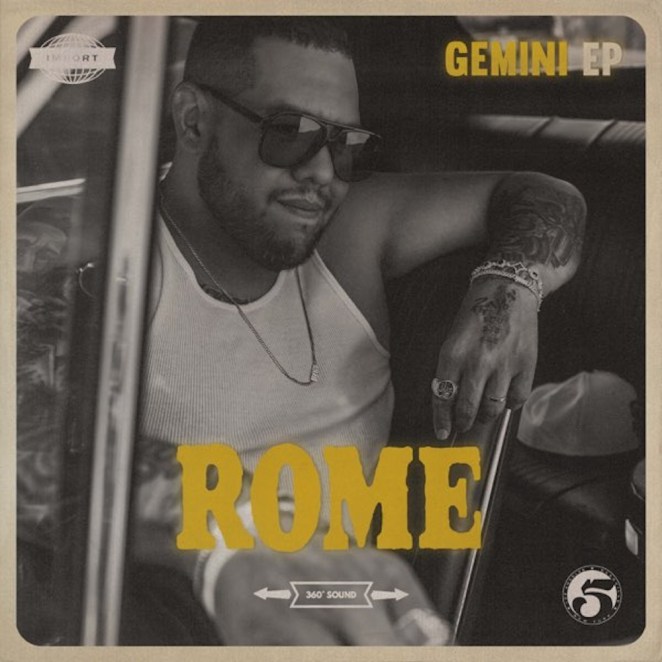
AS: You already had this other musical life with Sublime. Does this feel like you’re starting from scratch again with GEMINI?
RR: Absolutely. That’s what I’m really proud of, because for me, it seems like it would have just been a little too ungenuine of me to try and recreate the sound that I’m most popular for to continue paying my bills. I took this whole venture as the opportunity to really put my best foot forward and put my focus and time into something that I really believe in. What I’m just in love with and having so much fun with is being able to write this music from a very free place. I knew that it wasn’t going to be an immediate translation in terms of ticket sales and streaming, but to me, that’s what my favorite artists have always done. They’ve always continued to grow and push the limits of their sound, and that’s kind of where I’m at now.
AS: There’s a deep soulfulness in these songs. Sonically, was this something you were aware of at first, or did that sound reveal itself as the songs came together?
RR: You definitely hit it on the head. It wasn’t necessarily intentional, and it started during the pandemic. That was really the first time that Sublime with Rome had taken any time off from touring, and I found myself at home a lot, like many others. So I just turned on my studio webcam and started doing livestreams and playing songs. And they really started to grow. We’d have upwards of 1,000 people in some of these rooms, and it was so much fun. It gave me some purpose every week to go home and do what I love to do. And fans really enjoyed it. I’d run through the Sublime with Rome catalog and the legacy catalog, a bunch of covers, but I started running out of stuff to play. And people started asking me, “Do you have any music that you’ve been working on?”
Honestly, the sad answer was, “No.” I did not, but I had all this time, so I started to use that free time as inspiration. If I were to make music, what would it sound like? It was just purely out of the necessity to write music that didn’t necessarily have to fit into a box or anything, and I naturally started to see myself gravitate towards the music that was in my house growing up, which has never really left me. I started to construct songs a little more in the vein of classic soul records from Motown or Otis Redding and Stax, or some of the structures from Fleetwood Mac.
The island, the rhythmic sound that I have, will always be ingrained in me. I am here as a songwriter today because of artists like Sublime and Jack Johnson, but I feel like it’s that blend of where I come from and what I’m known for that’s been the sweet spot for me, in a really natural way, when writing songs.
AS: Since you started writing with Sublime on Yours Truly (2011), then went on to write for other artists, how has songwriting shifted for you?
RR: I’m definitely more in tune with when they’re [the songs are] coming to me, but it’s still very important for me to put in the work. I have to be prepared for when it does come to me. I have to be responsible and organized enough to see through that idea, and that’s where I feel like a little bit of my experience comes into play. After I wrote “Lay Me Down” with the Dirty Heads, I quickly got a publishing deal, and I was off to the races. I didn’t even know that was really a career. You can write songs for other artists? I found myself in the room with artists like Rihanna and Selena Gomez, and Jason Derulo, and that, to me, was one of the greatest gifts in my life, the opportunity for other artists to invite me in to write music for them. It’s just one of the funnest things in the world.
You get to really understand and appreciate the process of crafting a great song. Pop music gets a really bad rap, but I spent most of my life as a pop writer. I obviously have vast roots and influences, so I feel like somewhere in there is what shaped me to be who I am. I’m still conscious of the song and how it’s delivered to the listener, but at the same time, it’s important for me to nail down the sonics and what the essence of the song is lyrically.
AS: Something that is forgotten or perhaps not taken into account is someone’s influences, which aren’t necessarily rooted in the particular genre they end up in. We are locked into genres, but there really are no boundaries.
RR: I think that if it’s done with the right intentions, it’ll find its people. Whether or not it becomes commercially successful or huge and acclaimed, that’s a little bit out of our hands. But I think the thing that makes you able to get to that point is loving what it is that you’re doing. It comes down to you. You just gotta love the music you’re making. It’s gotta be real to you, because you’re going to go and play it every day for the next 20 or more years of your life.
It’s the only way stuff ever gets to people. The only way the music ever really touches people is when they’re able to see it, smell it, and taste it. To me, it’s a really beautiful thing to take all the inspirations and then put them in a song that you think the world is going to resonate with … so you don’t feel like such a loner out there.
AS: How has moving to Nashville affected your writing now?
RR: When I was living in Los Angeles, I was doing so much of the writing five days a week, sometimes twice a day. I come from that work ethic and attention to the songwriting process. But then it became monotonous to me, and I started to become jaded. I started to think that there wasn’t so much magic in the songs. Of course, right when that was going through in my head, my phone ran dry. I wasn’t putting the energy out into the music. I wasn’t being honest with it.
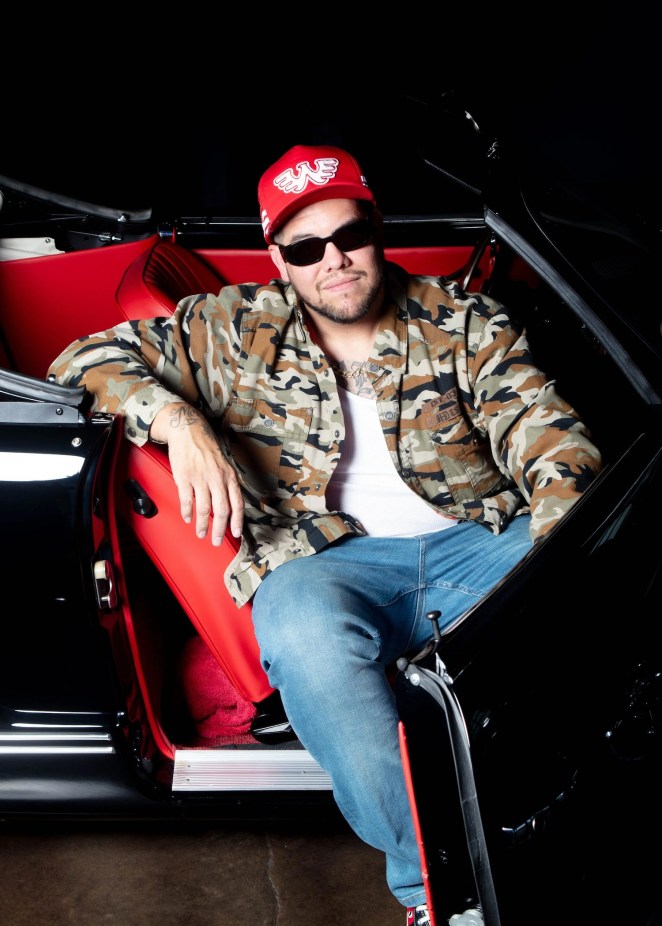
And it took me moving back to Nashville to fall back in love with the song. It really reminded me that it’s the honesty that really sets songs apart. Anybody can write I met you at the bar / We stepped into a car / I loved you from afar. We can write that, but “What bar? Were your feet up on the dashboard? It’s that sort of honesty in your stories. People think you have to fake that when you have a room full of three or four writers trying to write a great song, and it could be sort of like a factory, but that couldn’t be further from the truth. You have people who are writing a great story from their own experiences, and the more realness you inject into your lyrics, the more personal. Whenever you feel like, “Maybe I shouldn’t put that in there,” you should probably keep that in there.
AS: Yes, that’s one of the detriments of overthinking, or editing, while writing.
RR: I heard a really rad quote a couple of weeks ago, and it was from a really prolific writer about making it a point not to invite the editor into the writing room. It’s important to finish the song, let the idea come to fruition. Then choose later, choose tomorrow. Listen to the song back and chop it up into pieces or throw it in the trash bin. But you have to write it first. Let that energy in, hear it, listen to it, respect it, and see it through.
AS: Sometimes songs can change when you start playing them live since there’s a different energy and feel that comes through. Is this something you’ve noticed with the GEMINI songs?
RR: Oh, yeah. Definitely. There are certain songs we used to sing; you may have thought of it one way, and then you sing it, and it resonates a little differently. But the really cool thing about this project is I’ve actually had the opportunity to play this music over the last year in theaters and huge festivals to clubs, and it’s been like a return to the way it used to be done: You write the music, you go and play it for your fans and get the feel Maybe it’s a little faster, maybe you slow it down, maybe you cut that solo in half. Then you go and record it. I’m really enjoying that process, because for a long time, we were constantly writing, and the music was recorded way before it even sees a fan.
AS: What is your connection between the five songs on GEMINI now?
RR: The one large recurring theme in a lot of the music that I’ve been making recently is gratitude. Honestly, I’ve been able to add to my family. I’ve gotten married. I have children. I’ve been able to play at some of my favorite venues. I’m just so grateful for this entire life. I’m grateful that I got to join my childhood favorite band, and I look back on all this. And every time I sit and write a song, I’m a lot more conscious about the message that I want to put into the world. At the same time, you know, I try to be very conscious about not writing a really preachy song.
I take a lot of care in trying to inject a positive message into the world, but I’m also trying to make it not sound cheesy as hell. So I find that the best way to do that is just by sharing my experience.
Photos: Courtesy of Jensen Communications



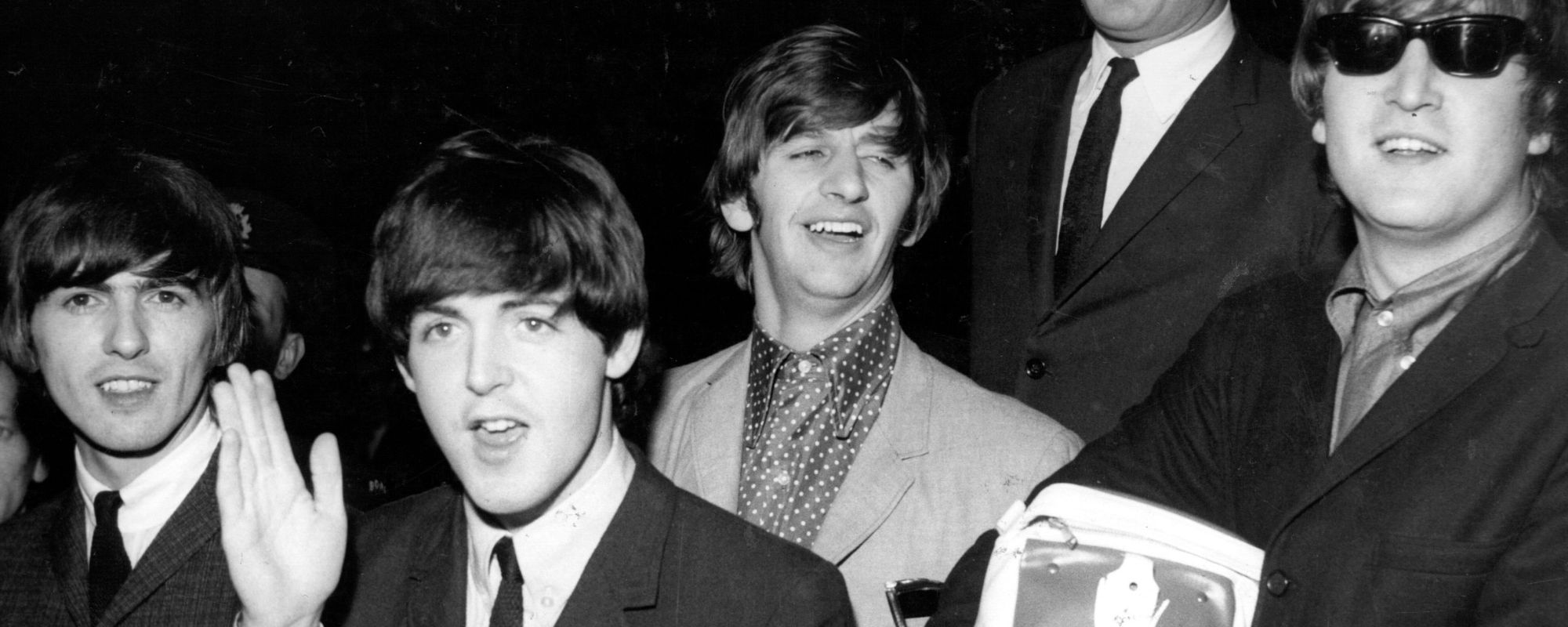



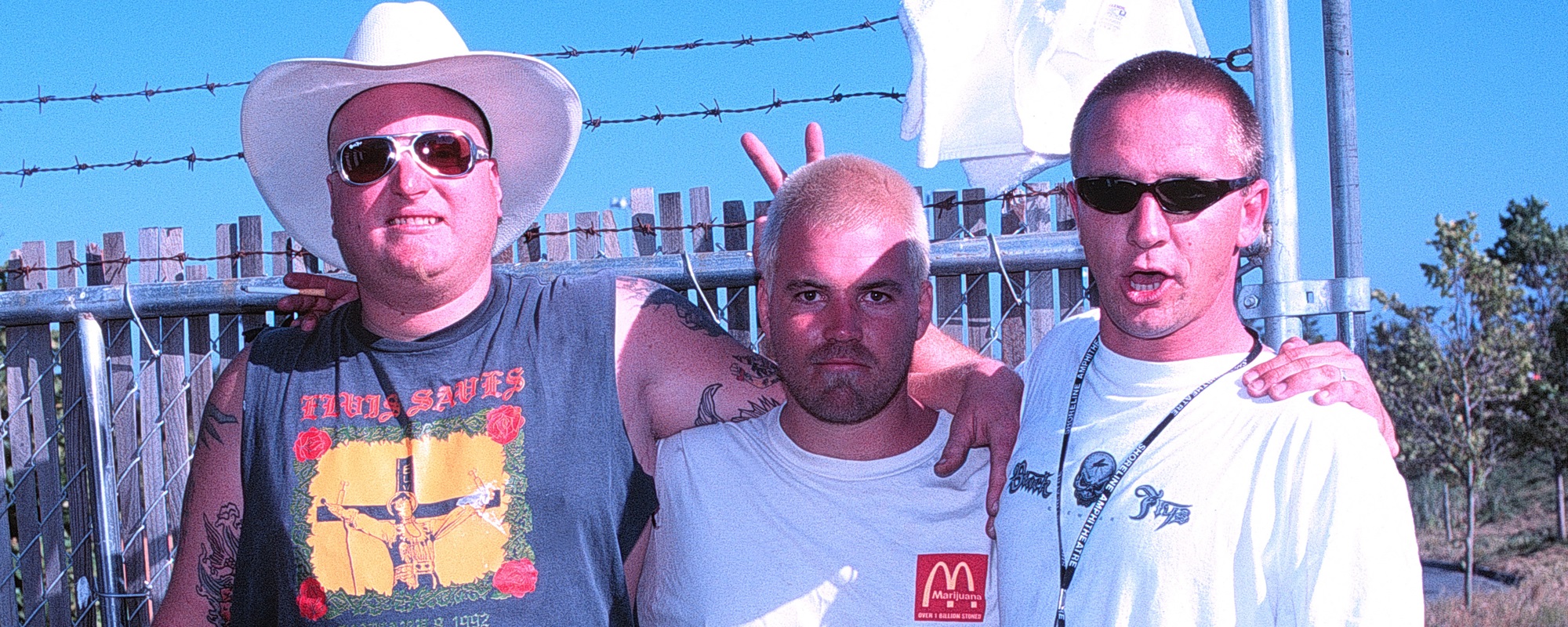
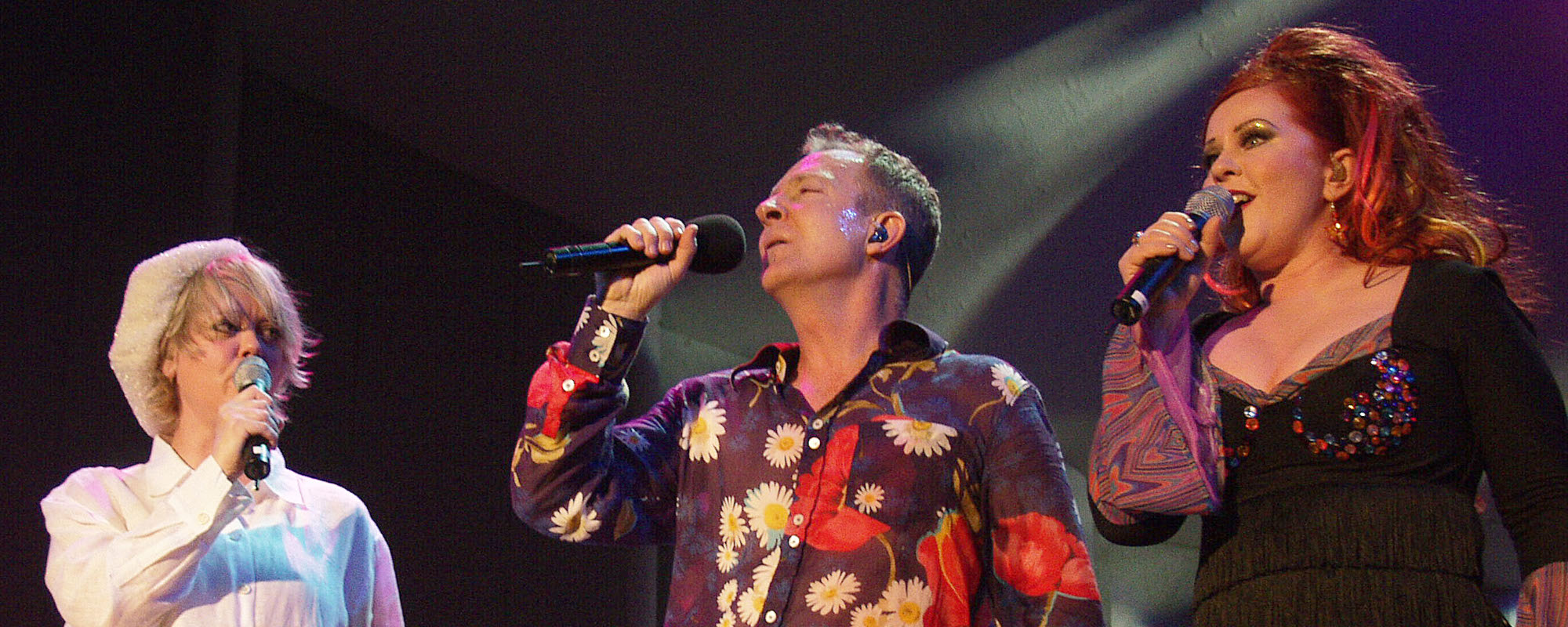

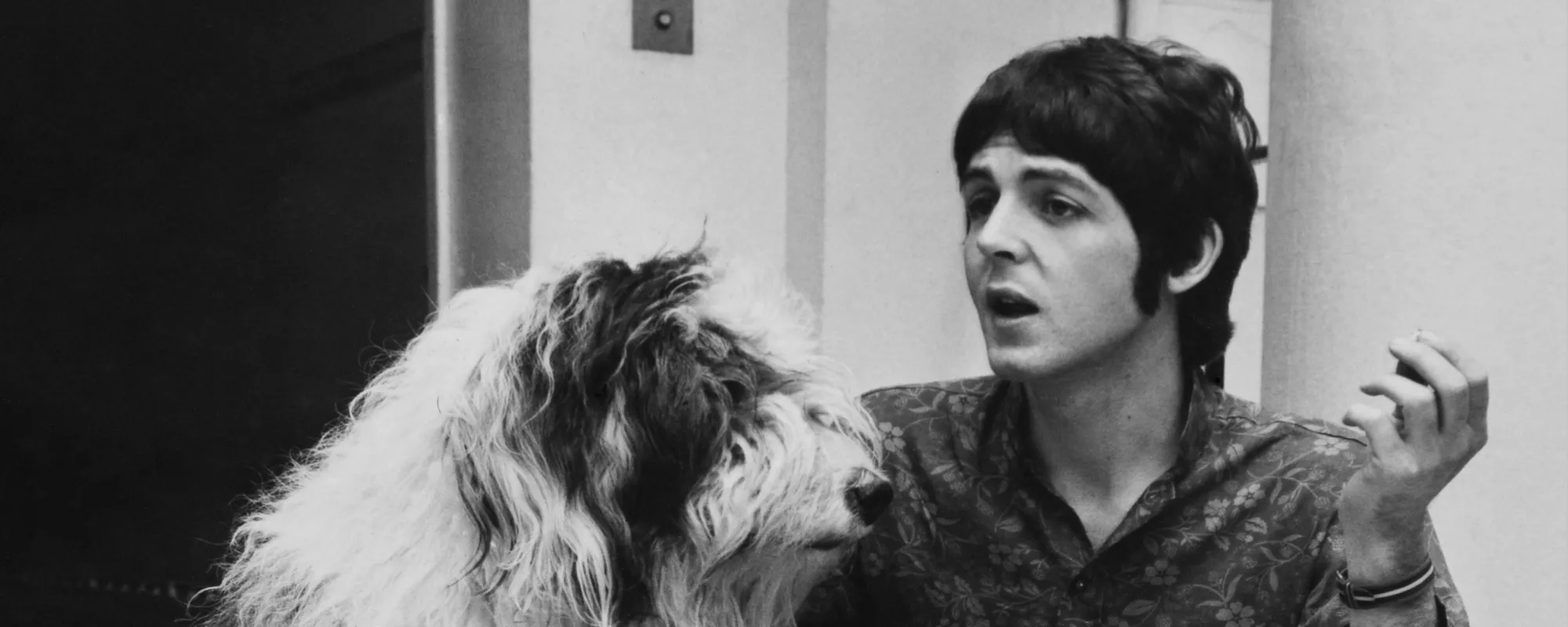
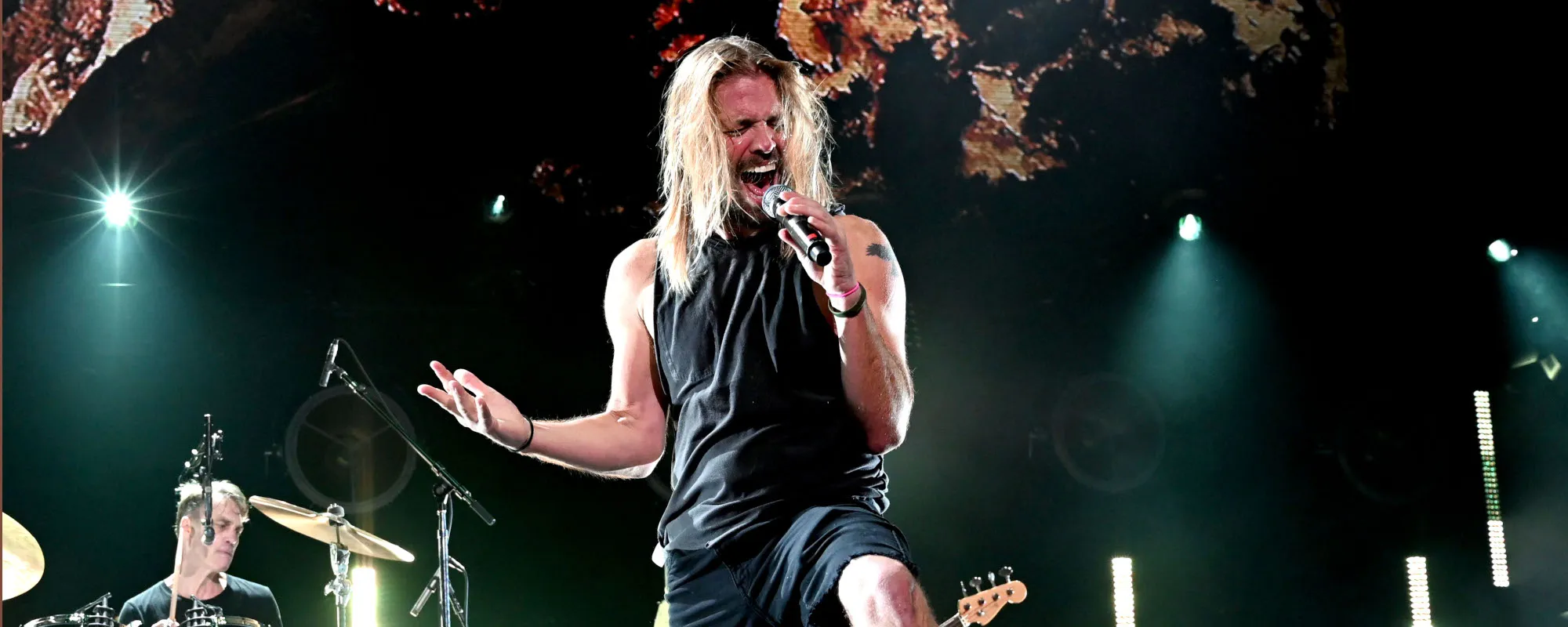
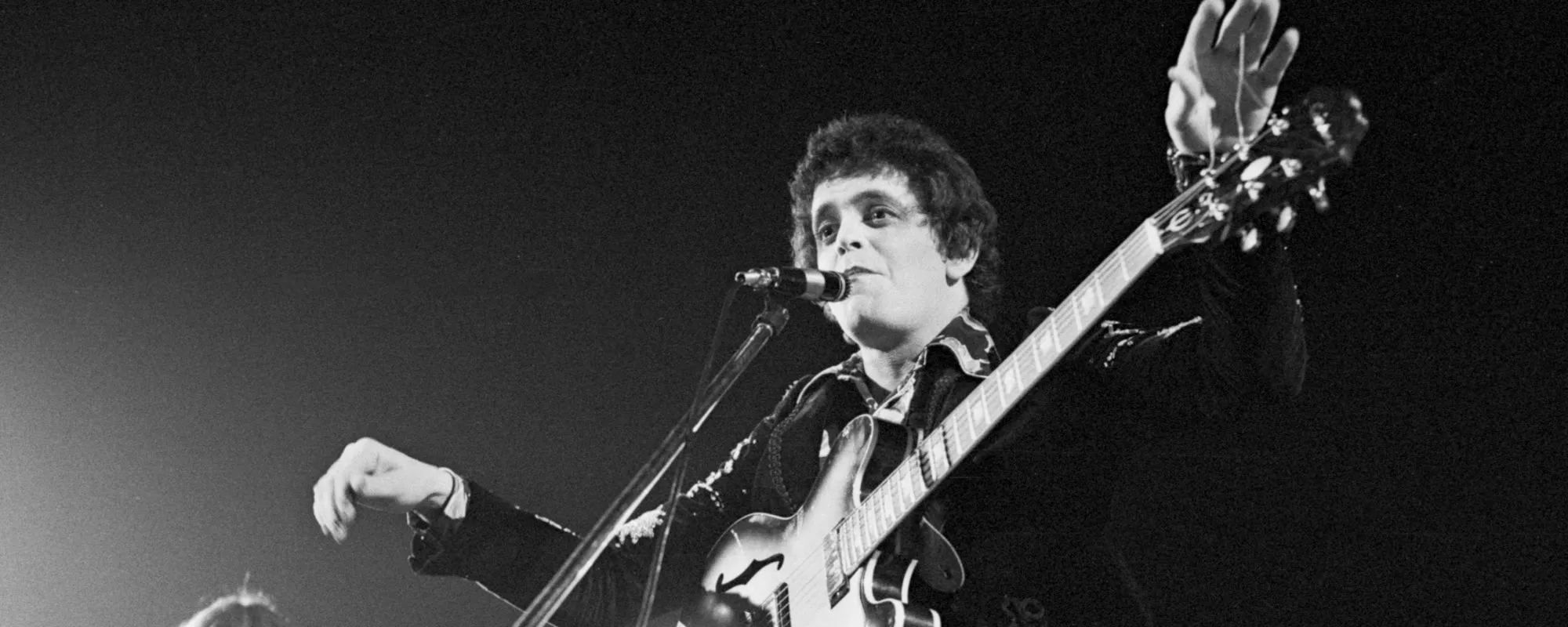
Leave a Reply
Only members can comment. Become a member. Already a member? Log in.